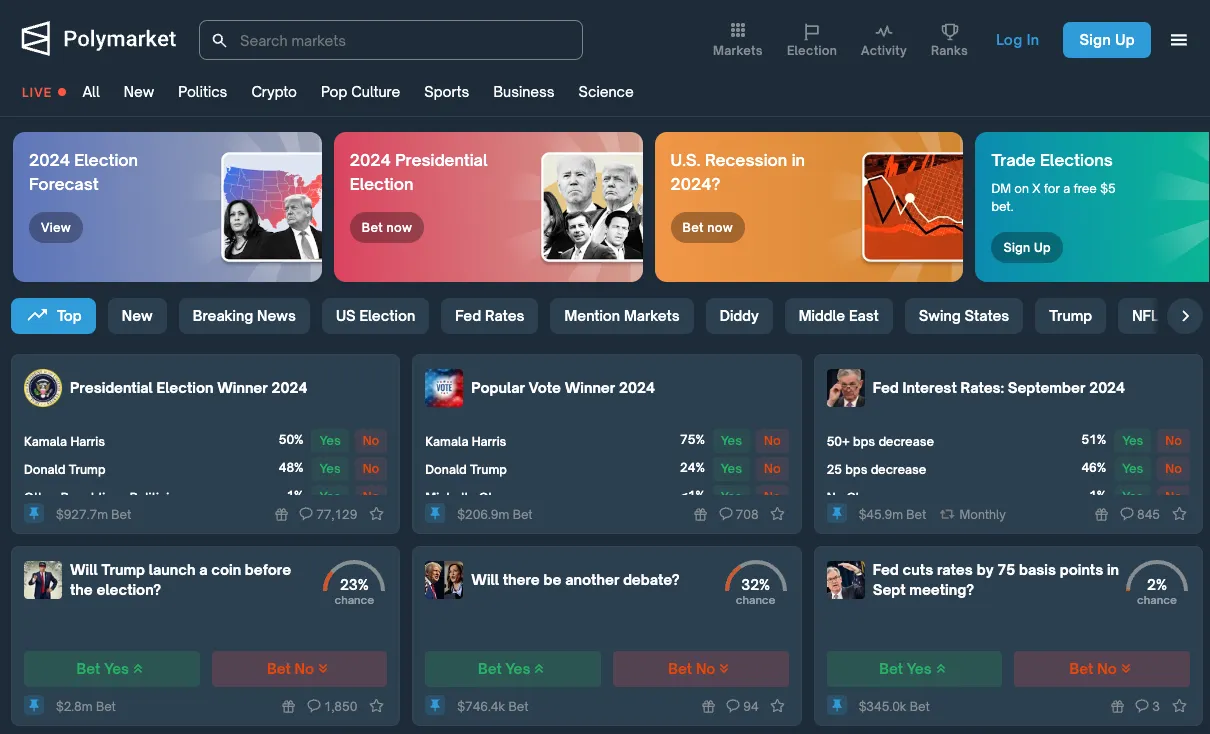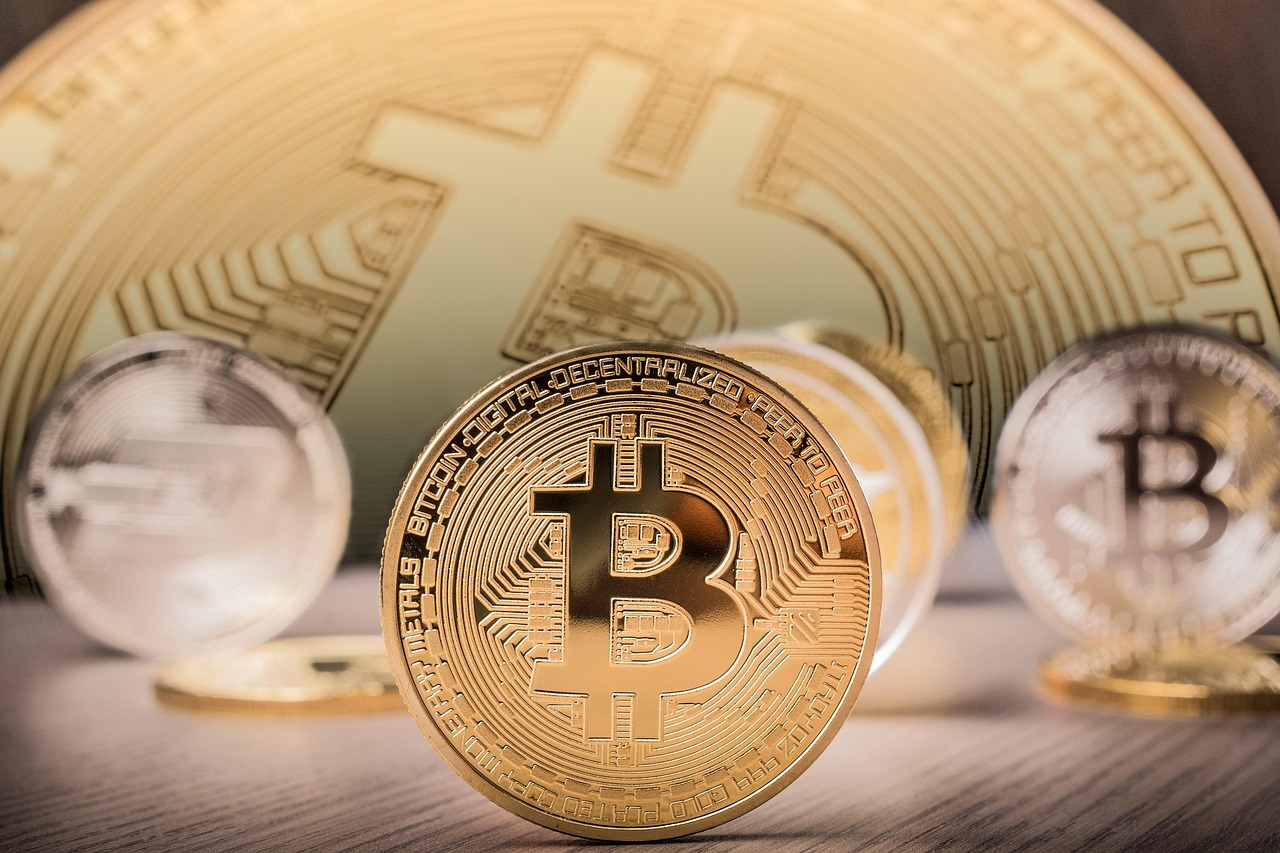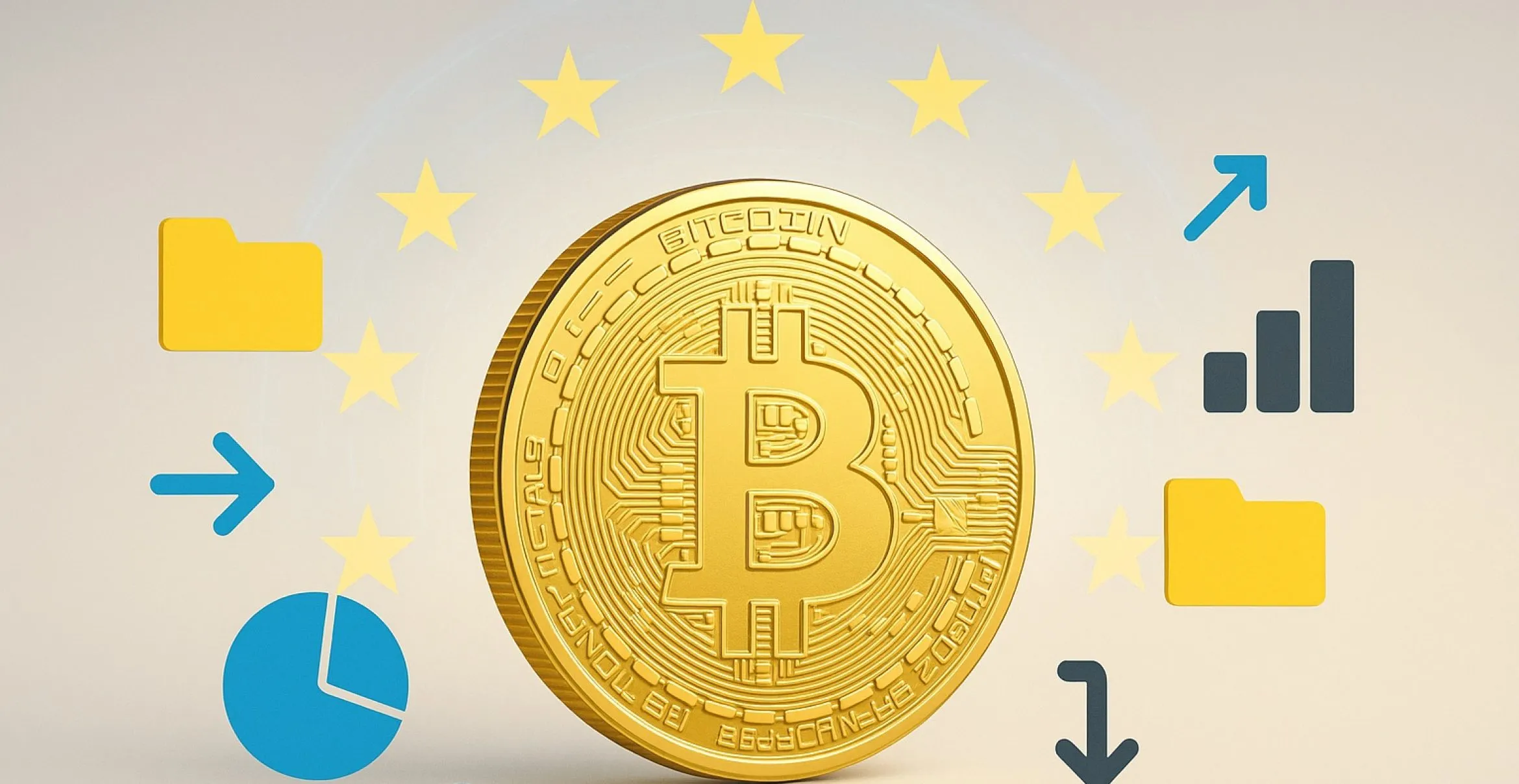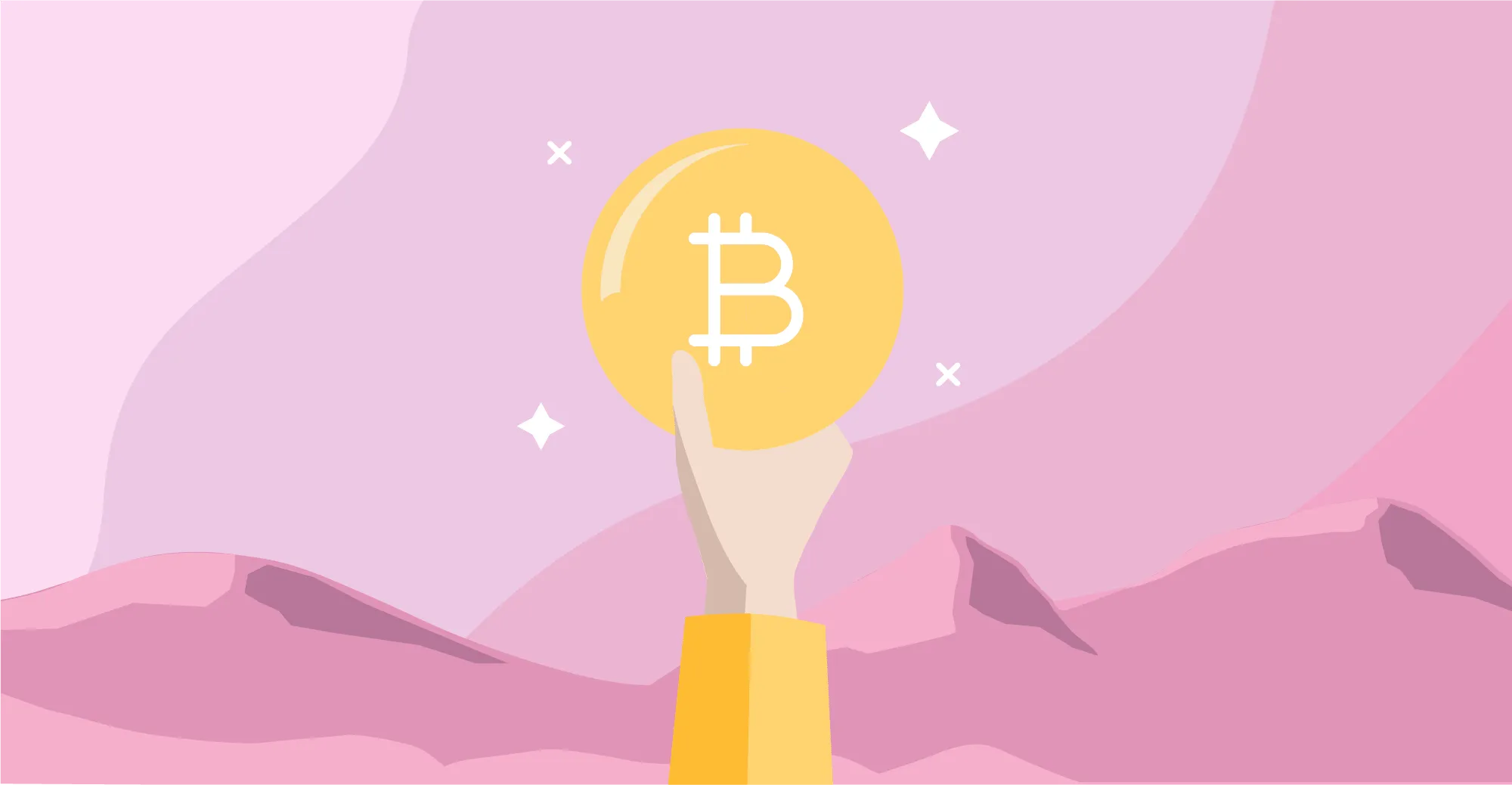Introduction
Recently, prediction markets represented by Polymarket have gained significant popularity, with some players in China reportedly making profits. As a lawyer in the Web3 field, a friend asked me whether Polymarket is safe to use and if there are any legal risks related to gambling. We will analyze this in this article.
1. What are Prediction Markets and Polymarket?
(1) Prediction Markets
A "prediction market" can be simply understood as a platform that allows users to predict future events that have not yet occurred, and to place bets and trade on those predictions.
Prediction markets are not a new concept or gameplay. As early as 2014, there was a political (or policy) prediction platform called Predictit; in 2015, Augur, based on the Ethereum public chain, became one of the earliest decentralized prediction market platforms; and in the same year, Gnosis, another decentralized platform deployed on the blockchain, also emerged. However, due to the immaturity of the early market, these platforms did not grow significantly and thus did not enter the relatively "mainstream" public view.
(2) Introduction to Polymarket
Polymarket is a prediction market platform deployed on a blockchain network (specifically the Polygon chain, a type of public chain). Users can "bet/predict" on future events (such as political elections, legislative outcomes, sports competitions, cultural events, etc.) by buying and selling "contract shares" that represent the probability of a certain outcome occurring. The platform was established in 2020 and is headquartered in New York, USA; it is currently one of the "largest prediction markets in the world"; transactions are conducted using cryptocurrencies/stablecoins (such as USDC) on the blockchain.
 (Image source: Screenshot from Polymarket's official website)
(Image source: Screenshot from Polymarket's official website)
(3) The Operating Mechanism of Polymarket
Let’s illustrate how Polymarket operates with a simple example:
Choose a Market (Event): For example, "Will the X bill be passed into law in 2026?" or "Will Haruki Murakami win the Nobel Prize in Literature?"
Buy and Sell "Shares": In this market, you can buy shares of an option (e.g., "Yes" or "No"), with prices typically ranging from $0 to $1, similar to probabilities; a higher price indicates that the market believes the option is more likely to occur.
Buy or Sell Before the Event Result is Announced: If you buy a certain option early and, as new information comes in, the market views its probability favorably, the price may rise, allowing you to sell for a profit. Some see this as a mix of "betting + trading."
Settlement After the Event Result is Determined: If the event result is true, those who bought shares of the "will happen" option receive corresponding returns; if the result is false, they may incur losses. The entire process is executed transparently through smart contracts and blockchain, eliminating the possibility of human intervention.
Blockchain/Stablecoin Operations: Polymarket operates on the Polygon chain (an Ethereum Layer 2 solution) and trades using the USDC stablecoin, which facilitates global participation, transparency, and fairness.
2. Are Prediction Markets Gambling?
This is a common concern among many players, especially Chinese players. Although blockchain can decentralize, users on the blockchain network are still subject to their respective national laws. For Chinese citizens, based on the principle of nationality, if a crime is committed, they can still be held accountable under domestic criminal law even if they are physically overseas. Therefore, it is crucial to assess whether prediction markets pose any criminal risks.
(1) Gambling Crimes under Chinese Criminal Law
The term "gambling," according to the definition by Professor Zhang Mingkai, a leading figure in criminal law, refers to "the act of gambling or betting with property based on random wins and losses" (Zhang Mingkai, "Criminal Law," 6th edition, Law Press, p. 1414). "Random wins and losses" means that the outcome cannot be artificially predicted or controlled and depends on chance; Chinese criminal law defines three offenses related to gambling: gambling crime, operating a gambling house, and organizing or participating in gambling abroad. The first two offenses are more commonly encountered in practice.
Gambling crime requires a profit motive, gathering people to gamble or engaging in gambling as a profession; operating a gambling house primarily punishes the act of establishing a gambling venue, which includes providing a location, space, gambling tools, or setting gambling methods and rules, organizing or controlling gambling activities, and conducting gambling operations.
To analyze whether prediction markets constitute gambling crimes under Chinese criminal law, in addition to the above general analysis, we can refer to the criteria set forth in the "Opinions on Several Issues Concerning the Application of Law in Handling Online Gambling Crime Cases" issued by the "Two Highs and One Ministry" on August 31, 2010.

(2) Does Polymarket Constitute Gambling Crime under Chinese Law?
For Polymarket, its model constitutes gambling under Chinese law.
First, Polymarket allows users to predict uncertain future events and place bets (buying or adding shares) on those predictions, and these uncertain events fall under the category of "random wins and losses" in Chinese law.
Second, users place bets using real property. Virtual currencies, especially stablecoins like USDT and USDC, have been recognized by judicial authorities in mainland China for their property attributes in criminal cases, so even if users are betting with USDC, it still qualifies as "gambling with property" under Chinese criminal law theory.
Finally, gambling must also meet the condition of "having wins and losses." On Polymarket, those who bet correctly profit, while those who bet incorrectly incur losses, which fully meets the aforementioned condition.
Thus, we can conclude that the gameplay of Polymarket is classified as gambling under Chinese law without any obstacles. However, to determine whether it constitutes gambling crime or operating a gambling house crime, it is necessary to consider the aforementioned judicial interpretations and departmental regulations (such as the "Regulations on the Standards for Filing and Prosecution of Criminal Cases under the Jurisdiction of Public Security Organs (I)"), for example:
- For gambling crimes, one of the following must be met:
(1) Organizing gambling with three or more people, with a total profit exceeding 5,000 yuan;
(2) Organizing gambling with three or more people, with a total gambling amount exceeding 50,000 yuan;
(3) Organizing gambling with three or more people, with a total number of participants exceeding 20;
_(4) Organizing more than ten citizens of the People's Republic of China to gamble abroad and receiving kickbacks or referral fees. _
- For operating a gambling house crime, one of the following must be met:
(1) Establishing a gambling website and accepting bets;
(2) Establishing a gambling website and providing it to others for organizing gambling;
(3) Acting as an agent for a gambling website and accepting bets;
_(4) Participating in profit-sharing from a gambling website. _
For aggravated circumstances of operating a gambling house crime (such as a total gambling amount exceeding 300,000 yuan or a total number of participants exceeding 120), you can refer to the provisions in the aforementioned judicial interpretation. I will not elaborate further.
For users of Polymarket in mainland China, it is especially important to pay attention to the aforementioned first point regarding the criteria for "gambling crime" to avoid criminal risks. Additionally, apart from the participating players, individuals or institutions in mainland China that promote, operate, or provide payment channels also face corresponding criminal risks.
3. Do Chinese Users of Prediction Markets Face Other Legal Risks?
In fact, probabilistically speaking, most people will not encounter any criminal legal risks in their lifetime, which leads some who harbor a fluke mentality to mistakenly believe that if others are fine, how could it possibly happen to them? However, as a criminal lawyer, I advise everyone to avoid touching the legal "high-voltage line" (criminal law). Besides criminal risks, based on the nature of Polymarket, there may also be the following risks in China:
(1) Administrative Legal Risks
As is well known, in China, if gambling does not constitute a crime, there will still be administrative risks of public security penalties. Article 82 of the "Public Security Administration Punishment Law" states: "Those who provide conditions for gambling for profit, or participate in gambling with a large amount of gambling funds, shall be detained for up to five days or fined up to 1,000 yuan; if the circumstances are serious, they shall be detained for more than 10 days but less than 15 days and fined more than 1,000 yuan but less than 5,000 yuan."
(2) Political Risks
Even if there are no risks of gambling crimes or violations of administrative laws, Chinese users need to be cautious about another legal risk: the risk of illegal or criminal behavior arising from political risks. Specifically, it is prohibited in mainland China to mock political figures (except for foreign political figures), but betting on political figures or political events on the Polymarket platform is unlikely to be tolerated by Chinese law.
4. Conclusion
From a positive and optimistic global Web3 perspective, the highlights of prediction markets represented by Polymarket lie in their real-time, global, and decentralized (or partially decentralized) characteristics, making them a financial tool for "predicting the future." However, from a conservative perspective, Polymarket also has many points that require cautious consideration regarding legal, regulatory, technical, and liquidity aspects, which friends must take seriously and mitigate.
免责声明:本文章仅代表作者个人观点,不代表本平台的立场和观点。本文章仅供信息分享,不构成对任何人的任何投资建议。用户与作者之间的任何争议,与本平台无关。如网页中刊载的文章或图片涉及侵权,请提供相关的权利证明和身份证明发送邮件到support@aicoin.com,本平台相关工作人员将会进行核查。




